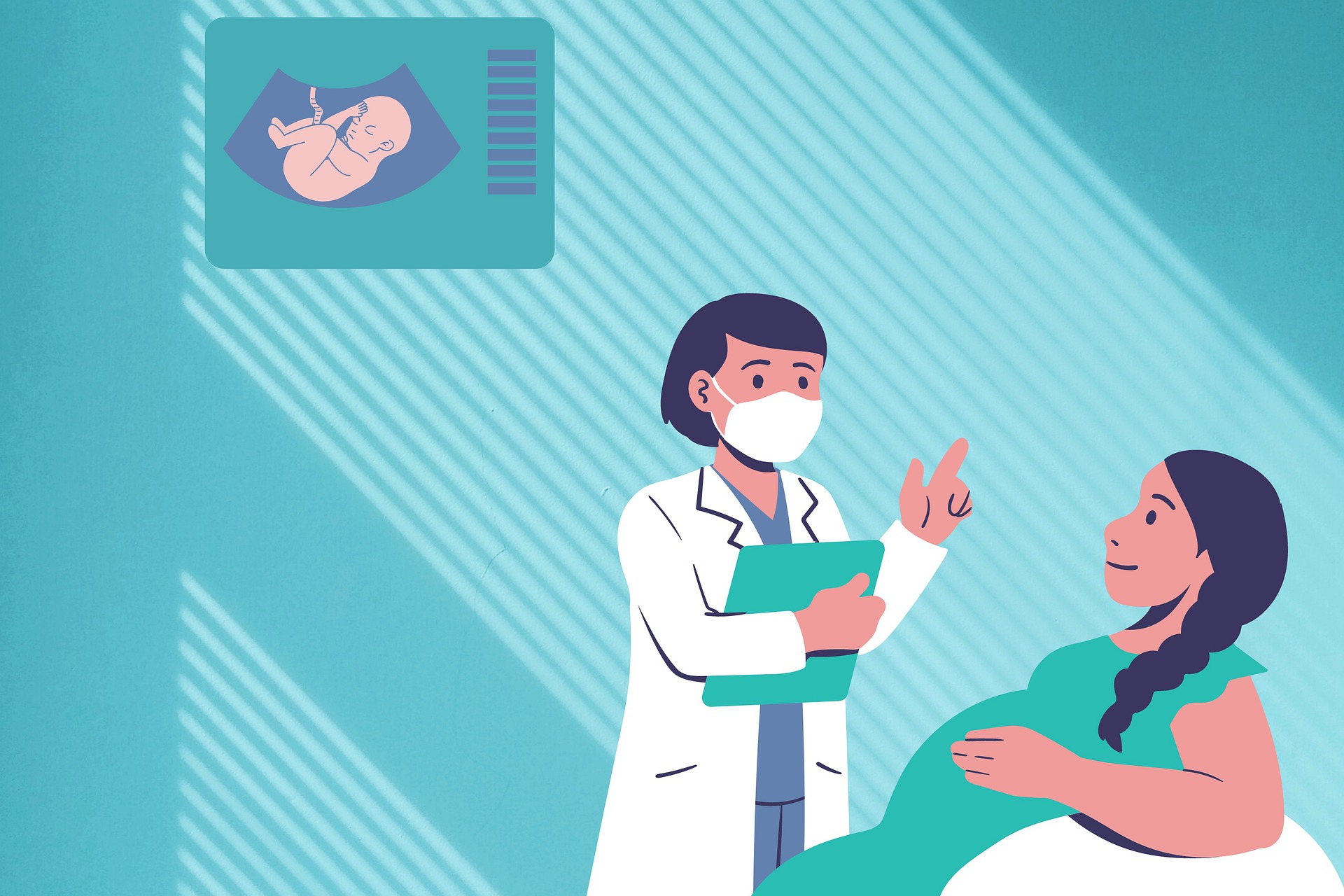In more recent years, many more families are turning to in vitro fertilization (IVF) to help overcome infertility or address genetic concerns. IVF involves the harvesting of eggs and sperm to undergo fertilization before being transferred to the mother’s uterus with the hope that one fertilized egg will implant to begin a pregnancy. Even with all the scientific advancements over three decades, a high percentage of harvested eggs that are not viable or are unable to implant in the uterus remain. With the cost of IVF being quite steep and often not covered by insurance, a pressing need to understand why these eggs fail to develop successfully persists. In fact, a new research study from the Columbia University Irving Medical Center (CUIMC) has discovered a mechanism that impairs embryo implantation and leads to chromosomal fragility.
After fertilization the zygote experiences a series of rapid cell divisions called cleavages that increase the number of cells and start the growth process. The CUMIC research team closely investigated these early cleavages to determine what steps led to DNA damage or chromosomal abnormalities. When a cell divides it needs to duplicate all of its DNA so that both daughter cells will have a complete set of chromosomes when it splits. The team found that during the replication process there could be significant stalling or stopping of the replication mechanism, commonly referred to as the replication fork. This not only extended the time that replication would take but also created cell stress that would lead to spontaneous breaks in the DNA.
A longer DNA replication time means that the cell is not able to fully undergo its checking procedures to identify sections of DNA damage and repair them. This means that the damage goes uncorrected and leads to permanent mutations and breaks that lead to chromosomal instability. In the early stages of pregnancy, large-scale mutations or breaks are often a trigger that impairs implantation or leads to a miscarriage very early on.
Further research is needed to understand what causes these delays in DNA duplication; however, identifying the mechanism involved is a huge step. This can lead to scientists further working to optimize the conditions and environments in which embryos are both fertilized and grown in leading to more healthy embryos to pick from, therefore increasing the chances of implantation success.
Featured Image Source: Moondance










